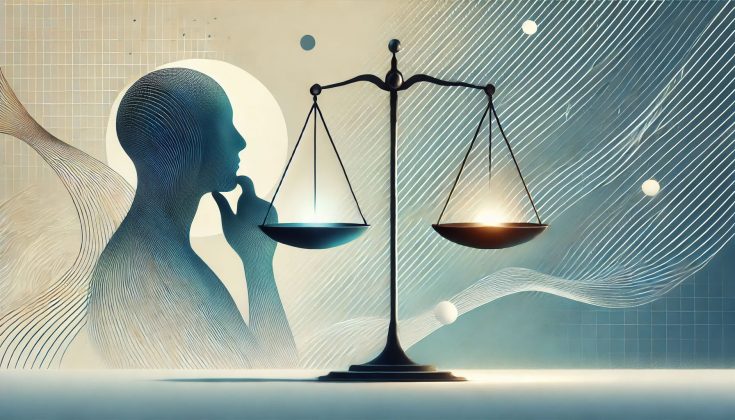
It’s the holiday season here in the U.S., so for this second post in my new series about useful ideas in economics, I thought it would be appropriate to talk about happiness and taste.
In my previous post about the Real Economy, I said that consumption is the reason we have an economy. That sounded good at the time, but it wasn’t quite correct. The next paragraph had a clue to a somewhat better reason for having an economy:
Economically speaking, consumption is the act of using goods and services to improve the quality of our lives[.]
The “quality of our lives”…also known as happiness.
Happiness is the true reason for having an economy, and it is the true measure of all economic decisions. When you consume something produced by our economy — a cheeseburger, a plane ride, the latest MCU movie — you do it because it makes you happier. Economists know that consumption makes you happier because otherwise why would you do it?
To be clear, consumption increasing your happiness doesn’t mean you will be happy in absolute terms. If you need a new hot water heater installed in your home because your old hot water heater died, you’ll probably be unhappy about the unexpected expense. Add to that the inconvenience and the amount of time you spend dealing with it, and the whole experience will almost certainly make you less happy.
Economically speaking, however, once the old hot water heater failed, you faced a choice: Either live without hot water or pay the cost to replace the hot water heater. If you chose to replace the heater, it’s because the happiness of having hot water outweighed the unhappiness from spending so much money. You probably don’t love spending the money, but it was the least bad choice.
By this point in the post you may be thinking “I don’t remember economists talking about happiness…”
That’s because no trained academic economist would ever use a simple and obvious word like “happiness.” No, when economists want to talk about happiness, they call it utility.
The concept of utility gives economists a way of converting consumed goods and services into a single common measurement for purposes of comparison. Let’s say you go to a restaurant that has only two kinds of sandwiches on the menu, beef and chicken, and you order the beef sandwich. Economists will explain that you chose beef because the beef sandwich had more utility than the chicken sandwich.
Utility may seem like a vacuous concept, but it is necessary to explain the fact that consumers make choices about what to consume. Economists need a model to describe how consumers make those choices, and thus they posit a utility function, which is the method by which consumers evaluate which goods and services will yield the most utility when consumed. That is, consumers choose the goods and services which will make them happiest.
There is actually a unit of utility, the util, although economists have no way of actually quantifying the utility of a particular instance of consumption. They can’t say that eating a beef sandwich would have given you 8 utils whereas eating a chicken sandwich would only give you 5 utils. Utils are theoretical units which cannot be measured and which have no connection to reality. The best that economists can do is estimate the relative utility of different acts of consumption, usually by observing consumers making choices about what to consume. Your choice of the beef sandwich is a clear indication that you believe beef has more utility than chicken.
Not everyone would have made the choice you did. All other things being equal, I might have ordered the chicken sandwich, which implies that for me a chicken sandwich has more utility than a beef sandwich. My utility function is different than yours. Economists would say we have different tastes.
If it seems like the concepts of utility and taste are of little use, that’s kind of the point. They represent one of the fundamental boundaries of economic thinking. Economic theory has very little to say about utility functions (more about this later) and nothing at all to say about taste. Economists accept people’s taste as a given: “There’s no accounting for taste.”
Of course, consuming goods and services is not the only way to increase our happiness. We need family and friends and a place in society. We need to find meaning and purpose in life. Maybe even spirituality or religion. We need personal growth, autonomy, and freedom. We need love.
Economics is sometimes criticized for not taking these factors into account, but I believe that’s actually one of the strengths of economic thinking: Economic theory isn’t very useful for analyzing and thinking about these kinds of intangible issues, so while economists recognize the importance of non-economic factors in happiness, they wisely refrain from saying much about them.
On a personal level, however, I am always deeply skeptical whenever I hear someone argue that we must give up provable, measurable economic benefits in order to gain some intangible benefit. I believe our personal utility functions should work just fine on intangible factors. We can make those decisions on their own.

Leave a Reply